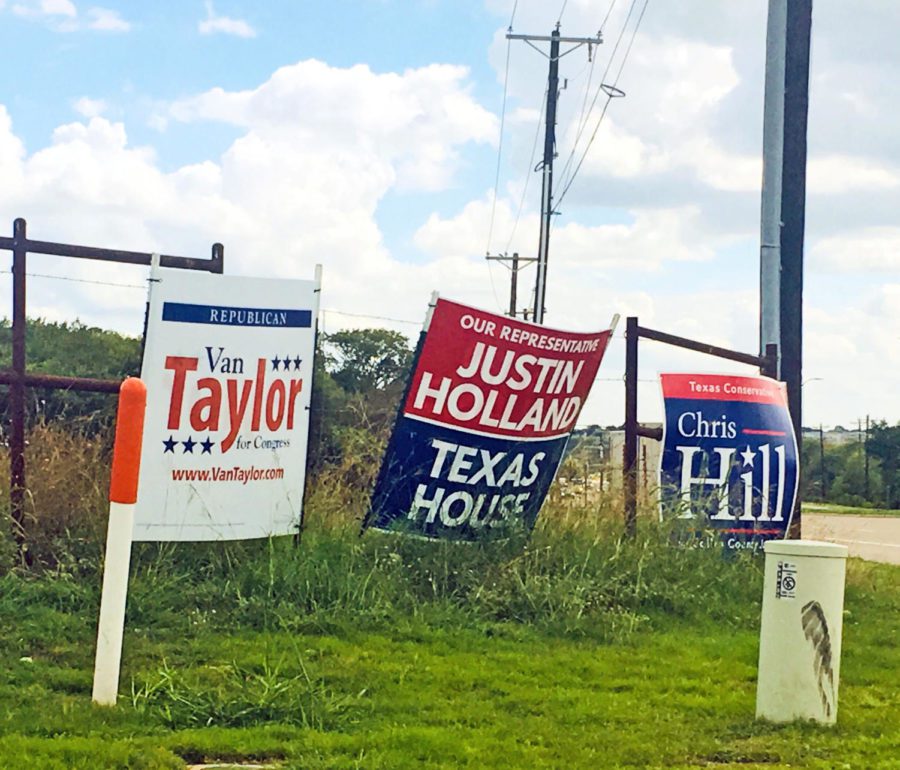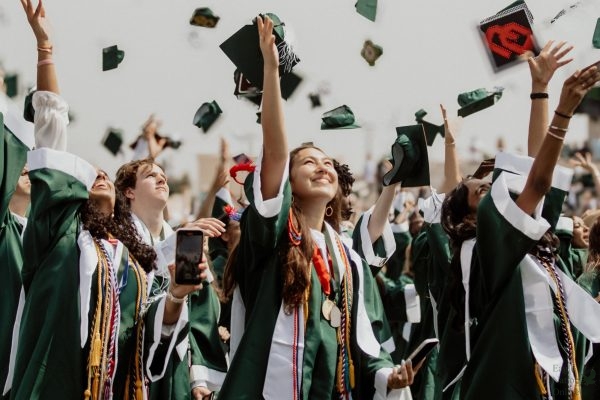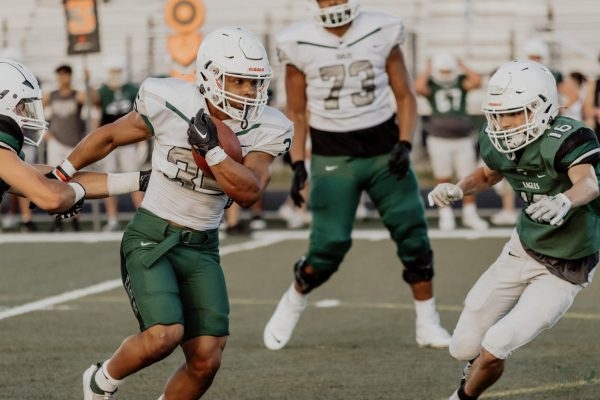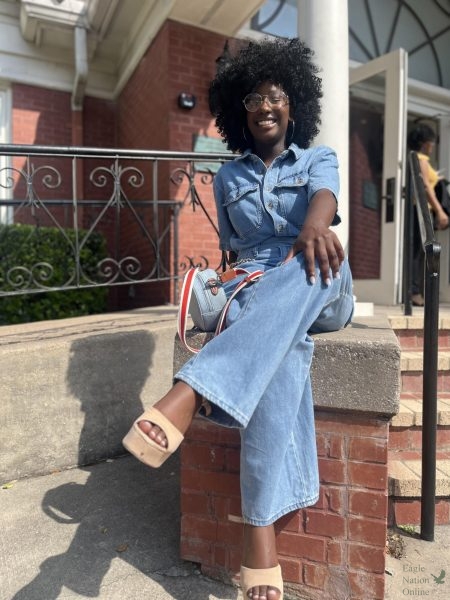Opinion writer challenges studentsto get informed with credible sources
Campaign signs line the streets of Collin County. Signs stand strategically placed along intersections, allowing for candidates to make their political presence known. In the attached opinion piece Paige Ruder challenges students to become informed, “whether they will be voting this November, or not.”
For the first time in almost three decades, citizens of Collin County can vote for a new representative for the U.S. House District 3. After holding his position for 28 years, Rep. Sam Johnson is retiring, with candidates Lorie Burch and Van Taylor campaigning to replace him. Because of the momentous nature of this election, it is vital that as many people as possible show up to the polls in November to cast an informed vote.
While the act of making an educated vote may seem like a fairly feasible task, it proves to be quite the challenge in the modern day where ‘fake news’ is abundant. An ever-growing amount of partisanship and bias within our news sources is causing credibility to soon become a rarity. Because of this, students may find themselves more than ever in a position of uncertainty regarding the upcoming election.
It’s a fact of the modern world that teenagers love their social media. And so, it makes sense that many of them would choose to use social media as a one-stop-shop for their information needs by using it as their primary news source. In fact, a poll by the Pew Research Center reveals that 35 percent of young people aged 18-29 get the majority of their news from social media such as Twitter or Snapchat.
An issue with relying on social media for news is that it is not wholly capable of giving information regarding local elections. While it can be helpful in allowing students to keep up to date with current events that affect us on a more national or global scale such as gun control or immigration, it cannot effectively give intel on issues specific to our corner of the nation. While having a fledged-out opinion on general issues – cultivated from listening to the perspective of countless internet users across the world – is great, it is important also to have an in-depth understanding of local news.
People may argue that the use of social media sites such as Twitter or Facebook as a news source is a good way to get a variety of opinions while being able to filter out unwanted and highly biased sources. However, this may be contributing to a group polarization effect wherein the opinions of online users are radicalized in response to validation from other online users who share those same beliefs. According to another study conducted by the Pew Research Center, the amount of people holding what can be defined as highly unfavorable opinions toward the opposing political party has increased from 20 percent to 55 percent in just 20 years. We have unintentionally made it acceptable to reject other people simply for their contrarian beliefs. In a society that is becoming more diverse and accepting, it is quite jarring to hear people, even young adults, say “if you don’t share this opinion, never speak to me again.”
There is also a lack of accountability that comes with posting news on a site such as Twitter. While the news from Snapchat tends to come from established news sites (whether they’re entirely trustworthy or not) a lot of the ‘news’ from Twitter is highly opinionated, and the news on Facebook is a particularly bad offender of being untruthful. Highly controversial or opinionated content is often what gets shared or retweeted, and many people may incorrectly assume that just because it has been shared multiple times that it is credible when often that is not the case. This misinformation is not always obvious. It is sometimes as simple as a tweet with an incorrect fact or detail, or information from an unverified account made to look like an official news source. In a study conducted by the Stanford Graduate School of Education, more than 30 percent of high school students chose to believe a Facebook post from an account posing as Fox News over a post from the actual Fox News account, proving how easy it is to post seemingly credible content from an independent and possibly untrue source.
For these reasons, it is imperative students have direct ways to find out information about their community and their municipal representatives. Seeing as there’s a large supply of dodgy news on social media sites, it may be a better option for young voters curious about their elector’s platform to find out such information from the candidate directly as opposed to finding it out from third-party sources that may have their own agenda. In this day and age, it has never been easier to reach out to local officials. A quick glance at the website for both candidates reveals entire sections of the page dedicated to information on how to contact the respective officials. For instance, Lorie Burch’s website allows users to directly contact her through the webpage.
It is within every student’s best interest, whether they will be voting this November or not, to stay informed on the events in their community and getting to know its representatives. A great way to keep updated is to attend city council meetings and to attend the upcoming debate being held at the high school on either Oct. 3 or Oct. 10 at 7:30 p.m.
Your donation will support the student journalists of Prosper High School. Your contribution will allow us to purchase equipment and cover our annual website hosting costs.















